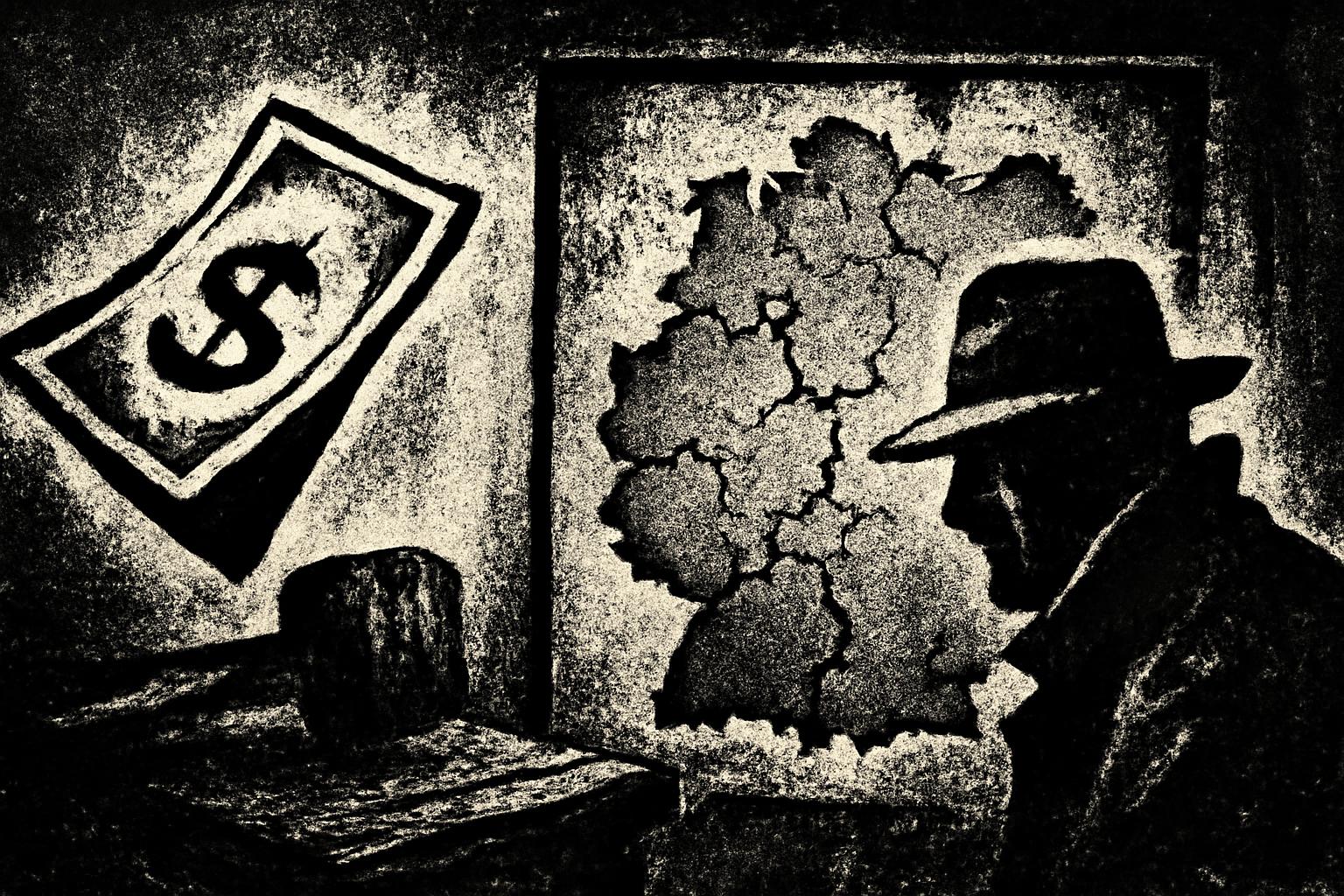Summary: In 2024 German municipalities pulled in about €16.0 billion from Grundsteuer A and B combined (A ~€0.4b, down 2.9%; B ~€15.6b, up 3.8%), ahead of a 2025 reform mandated after a Federal Constitutional Court ruling. The reform required a nationwide overhaul, with municipalities having to set new Hebesätze (tax multipliers) by January 1, 2025. The Bund der Steuerzahler Deutschland says the higher 2024 receipts reflect long-running municipal spending growth rather than the reform itself. While the reform was touted as revenue-neutral, it could cause burden shifts depending on location. In Niedersachsen, about a third of municipalities used Hebesätze above the neutral level in 2024, meaning higher charges for many homeowners and tenants in 2025, even as some municipalities lowered rates. The calculation relies on Grundsteuerwert, Steuermesszahl, and Hebesatz, after a nationwide revaluation; owners can file objections within a month, though most properties have already been revalued. Critics note residents may struggle to tell whether higher charges come from the reform’s calculation method or local tax hikes. Baden-Württemberg warned some owners could face significant increases due to burden shifts.
Now the blunt, conspiratorial take you won’t hear from the usual talking heads: this whole mess isn’t a genuine bid for fairness, it’s a money-grab dressed up as “neutral reform.” they wave the word neutral like a flag, then quietly twist the knobs to squeeze more cash from property owners. Grundsteuerwert, Steuermesszahl, Hebesatz—the jargon is a lockpick to pry open every wallet without saying the word “tax increase” aloud. “Revenue-neutral,” they say? Bullshit. It’s revenue-neutral in the sense that the state and municipalities can pretend one number moves while yours drips out another, depending on where you live. Burden shifts aren’t a bug, they’re the feature: punish voters in one district, reward others in another, all under the same reform umbrella. It’s democracy by deduction: more money for budgets, pensions, and bureaucrats, less for homeowners who actually live and work there.
Think about the timing. They use a 2025 overhaul that dominates headlines as if it’s a long-overdue swing toward fairness, but the receipts already rose in 2024 before the reform even kicked in. They’ll tell you it’s “transparency” that people can see the new Hebesätze and revaluations, but it’s really a selective transparency that hides who’s paying what and where. You get the same old line about rising municipal costs, yet the real question is who engineered those costs to be ripe for extraction at the exact moment of reform, and who benefits when certain municipalities crank up the Hebesatz while others cut it.
And the regional angle? Niedersachsen’s data show roughly one in three municipalities set Hebesätze above the neutral level in 2024. That means, come 2025, a lot of homeowners and tenants will feel a bigger hit—not because everything suddenly got more valuable, but because the local councils used the new framework to push bills higher in some places and lower in others. That’s not “local fairness”—that’s local leverage, a political tax policy cudgel aimed at voters in particular towns and districts. Baden-Württemberg warns of big increases due to burden shifts; you don’t need a crystal ball to see which residents get pinched and which dodges the axe. It’s tax policy by geography—punish the rural mom-and-pop, reward the city contractor, and call it leveling the playing field.
And the mechanism itself is a bureaucratic trap. Revalue everything, multiply by the Steuermesszahl, then multiply again by Hebesatz. The result is a tax bill that can’t be intuitively explained by most people, even savvy homeowners who track the property market. Then they give you a one-month window to object, as if a month is fair when you’re drowning in numbers you barely understand. It’s designed to confuse enough people into accepting higher bills while letting a few sympathy stories slide through the cracks.
If you think this is about protecting the little guy, wake up. It’s about securing steady revenue for local government and, frankly, for entrenched interests who benefit from a bigger tax base. The neutrality claim is a rhetorical shield—a polite lie to keep voters calm while the local cash registers ring louder. The reform doesn’t abolish inequity; it weaponizes it, letting authority selectively tune who pays more and who pays less under the banner of “neutral reform.” And the media will repeat the party line, while the real story—more money extracted through a layered, opaque calculation—goes under the radar.
Bottom line: it’s a calculated tax mechanism wrapped in bureaucratic language, designed to siphon more money from property owners while preserving the appearance of fairness and reform. The claim of neutrality is a smokescreen, and burden shifts are not aberrations but the explicit, systemic goal. If you’re outraged now, you should be—because this is taxation by design, not by accident, and it’s being sold to you as reform while quietly tightening the screws on homeowners across the country.
